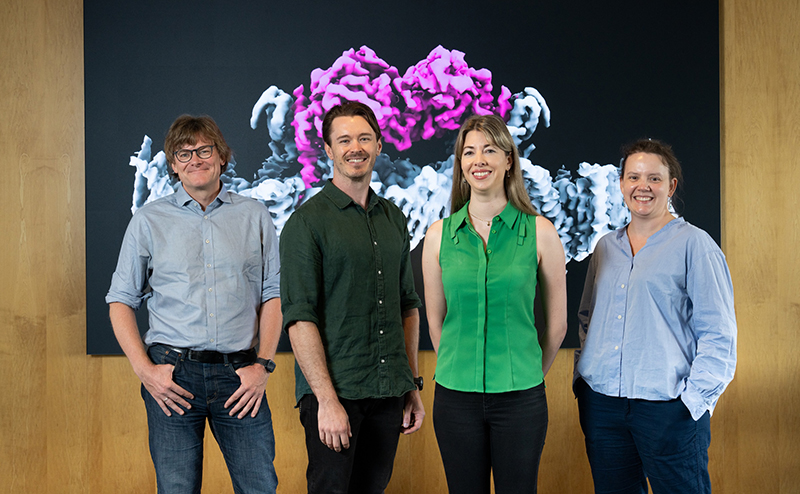
Parkinson’s disease affects over 200,000 Australians. It’s the world’s fastest growing neurological condition and has been linked to over 20 genes, with PINK1 being one of the most prominent.
While there are drugs to help control symptoms, of which there are nearly 40, there are no drugs to slow down or stop the progression of the disease.
Mitochondria are essential for cellular energy production and are present in the cells of all plants and animals.
In a healthy person, when mitochondria are damaged PINK1 attaches to them and signals for other proteins to recycle their contents. But in a person with Parkinson’s the recycling isn’t as effective because PINK1 has a mutation that prevents it from attaching to the mitochondria.
Finding ways to boost PINK1 or make it work properly is critical, because the contents of mitochondria are toxic to brain cells if they are not recycled correctly.
Head of WEHI’s Ubiquitin Signalling Division, Professor David Komander, said winning the Eureka Prize was a wonderful way to recognise the multi-disciplined team.
“The hope is that our discovery on PINK1, essentially how it can be switched on, will lead to a drug that has the ability stop the disease progression which will be life-changing for people with Parkinson’s,” said Prof Komander, who is a laboratory head in the WEHI Parkinson’s Disease Research Centre.
“By recognising the impact of our work, this prize inspires us to keep progressing our research into understanding Parkinson’s disease and ultimately finding a cure.”


